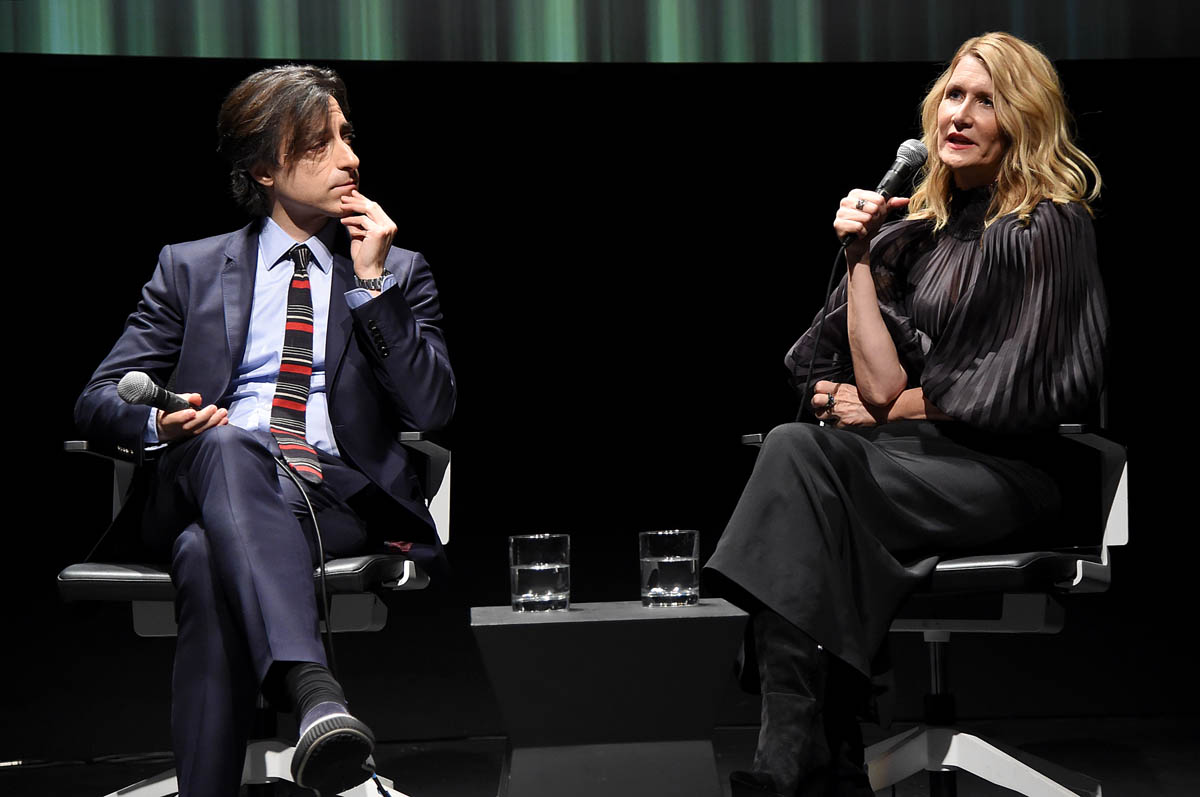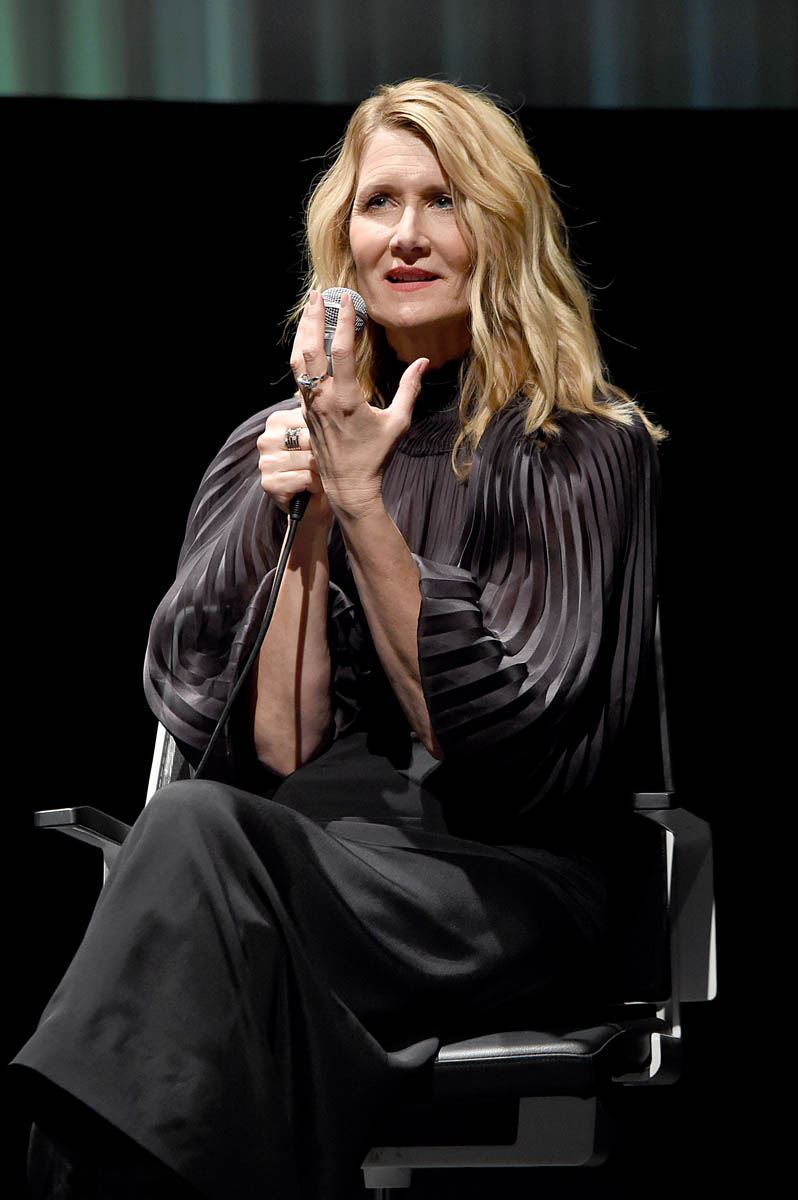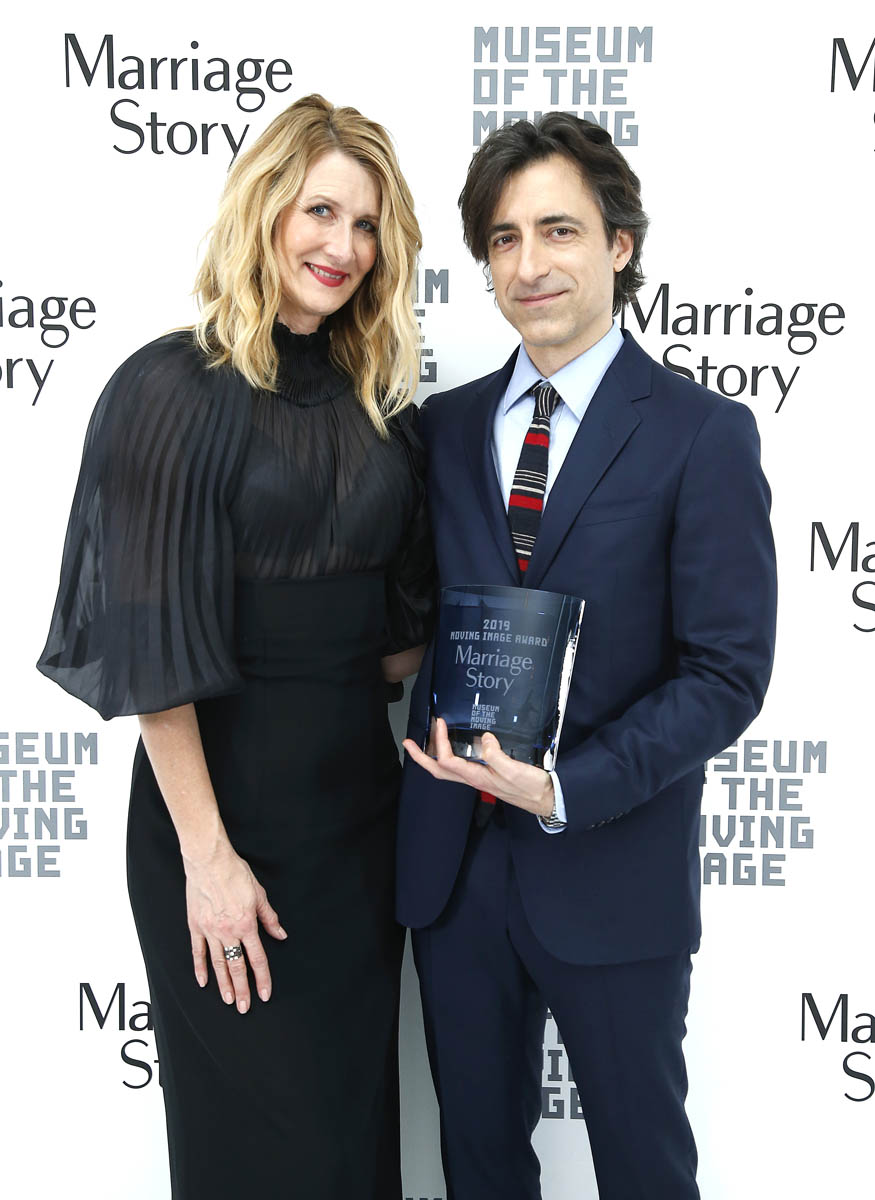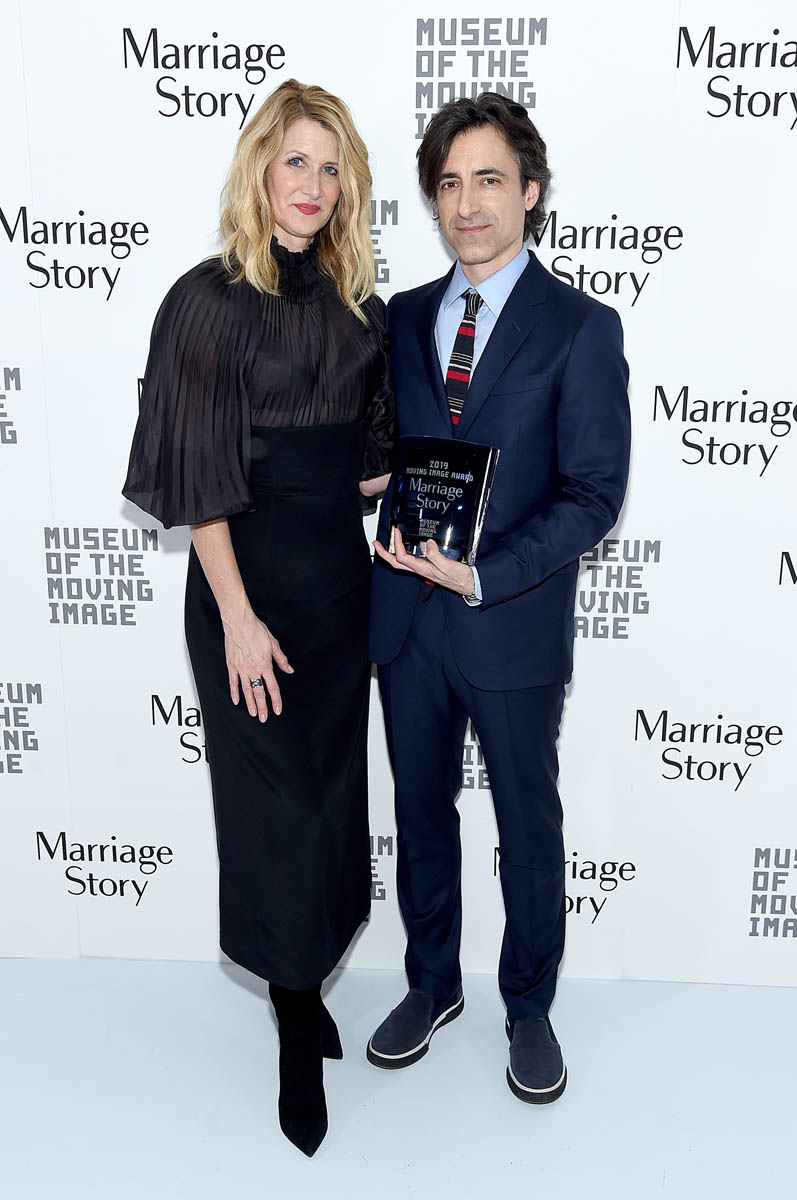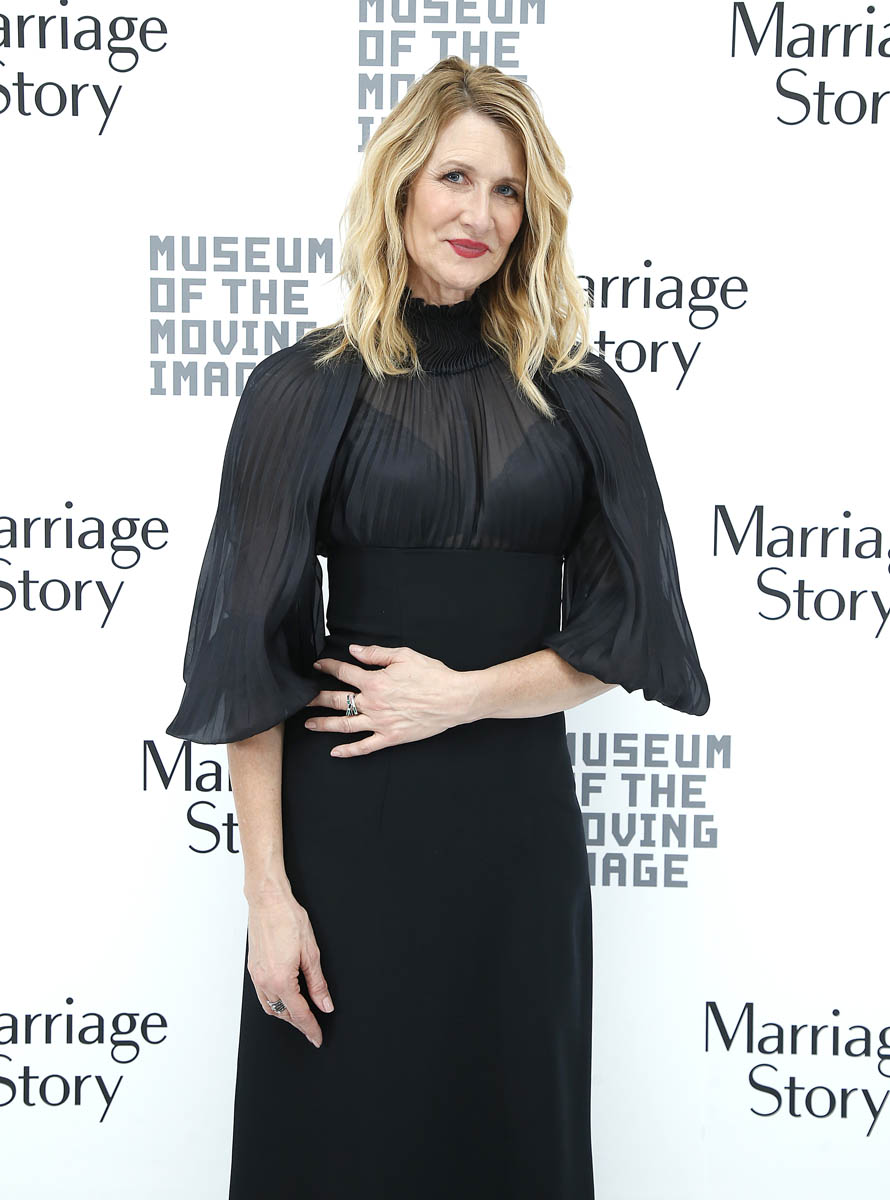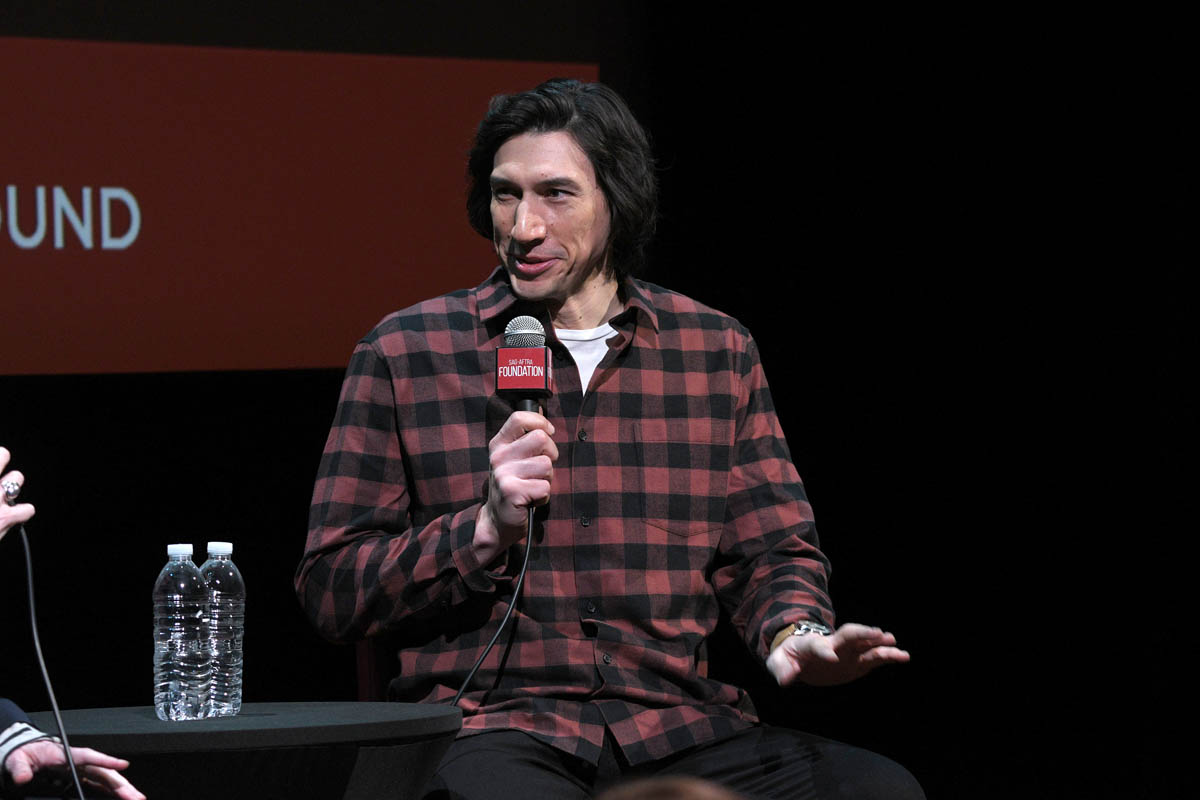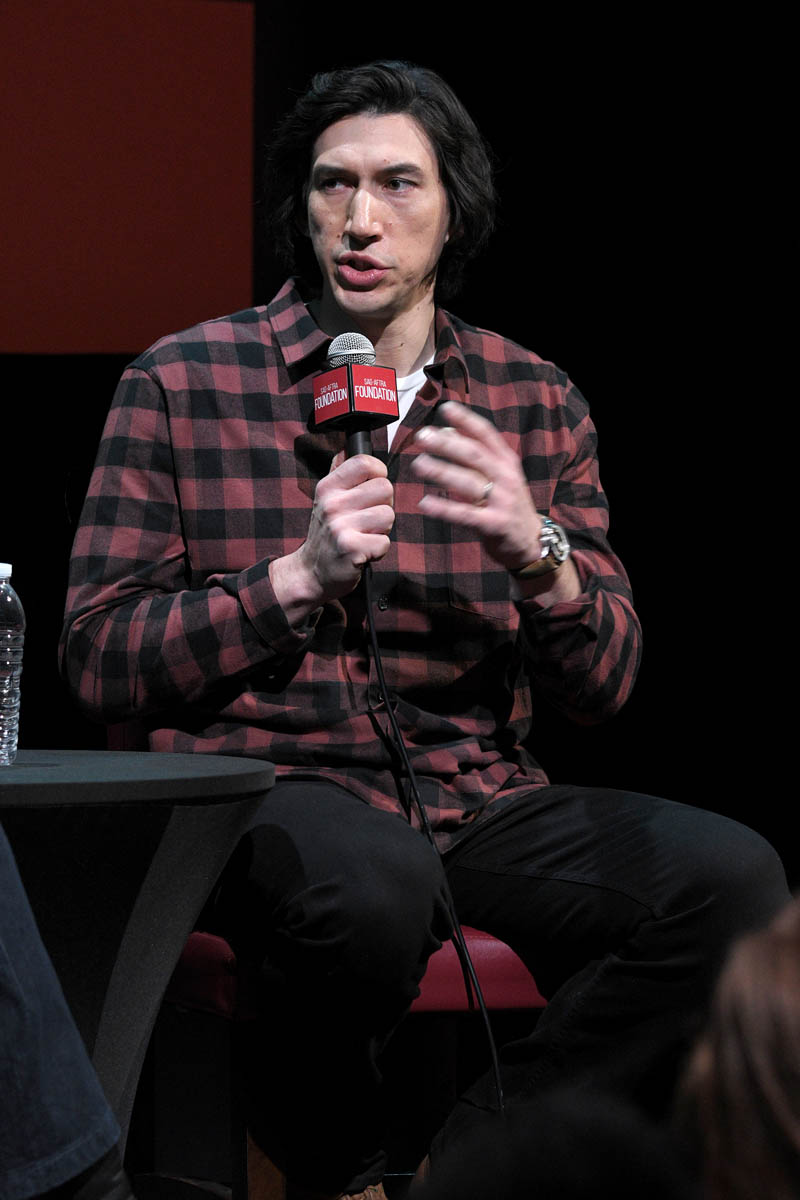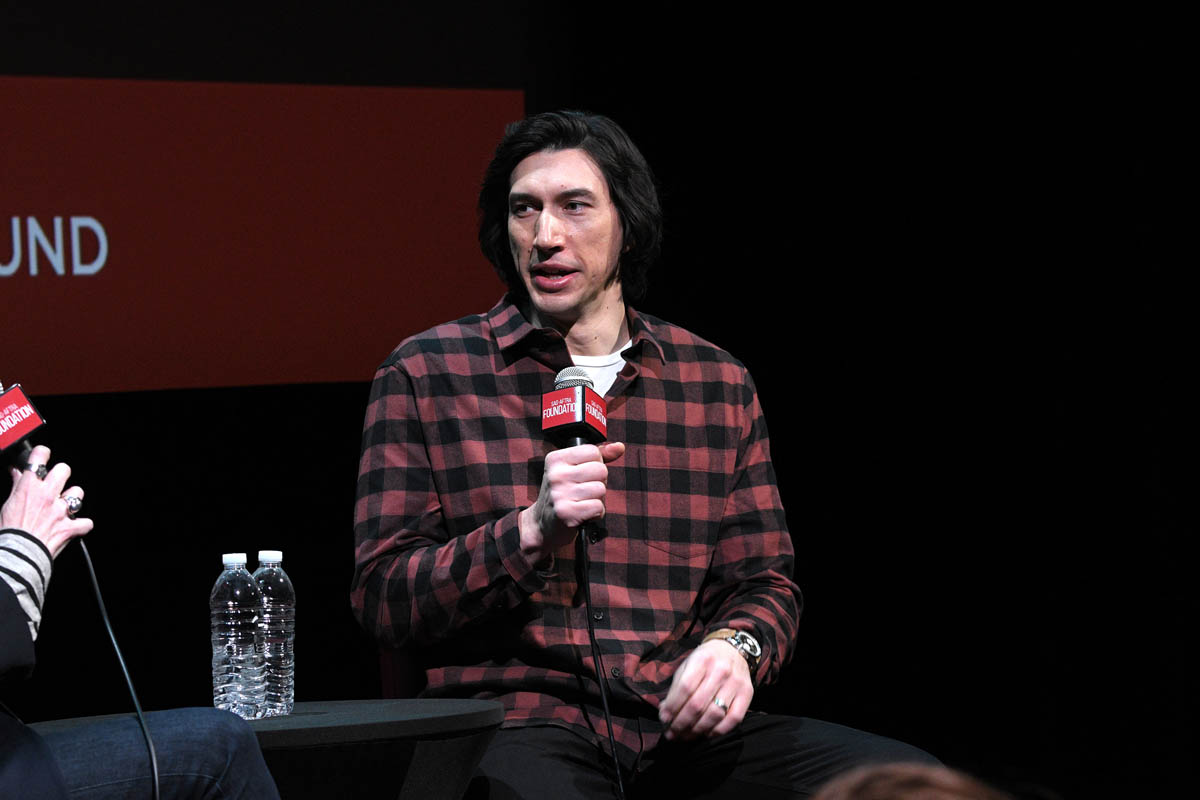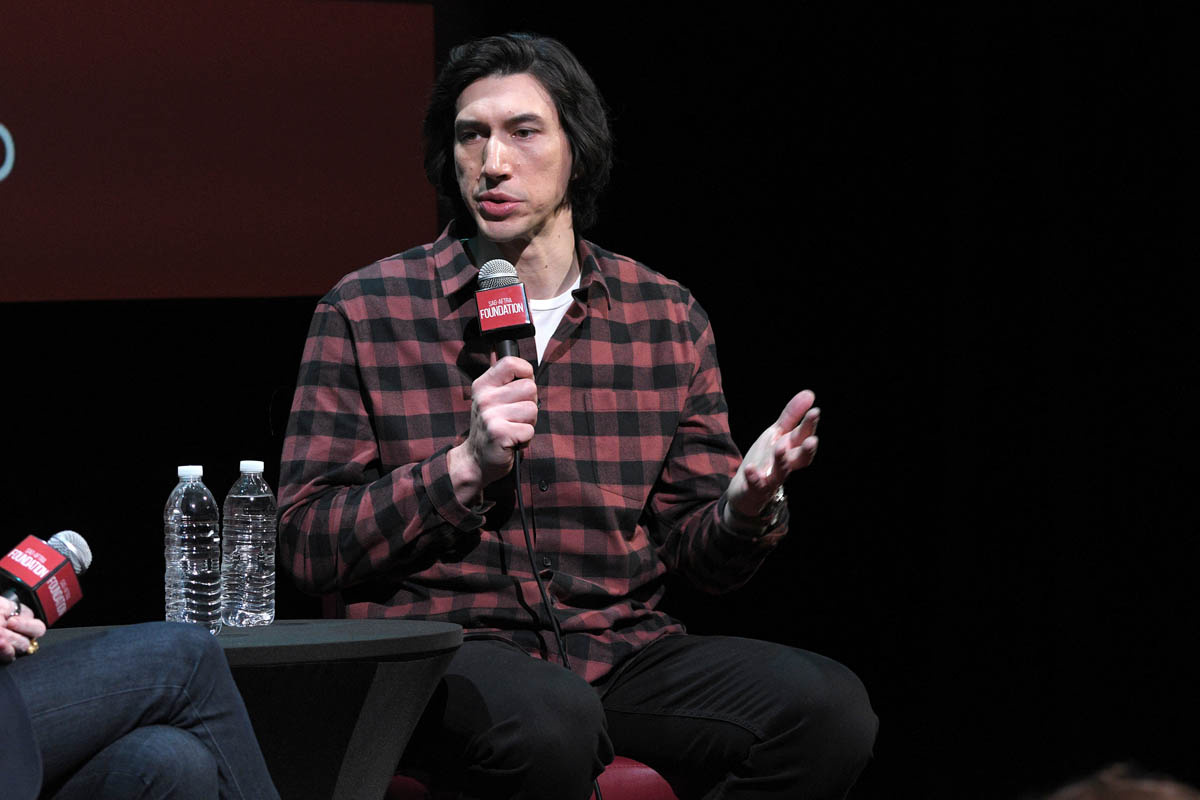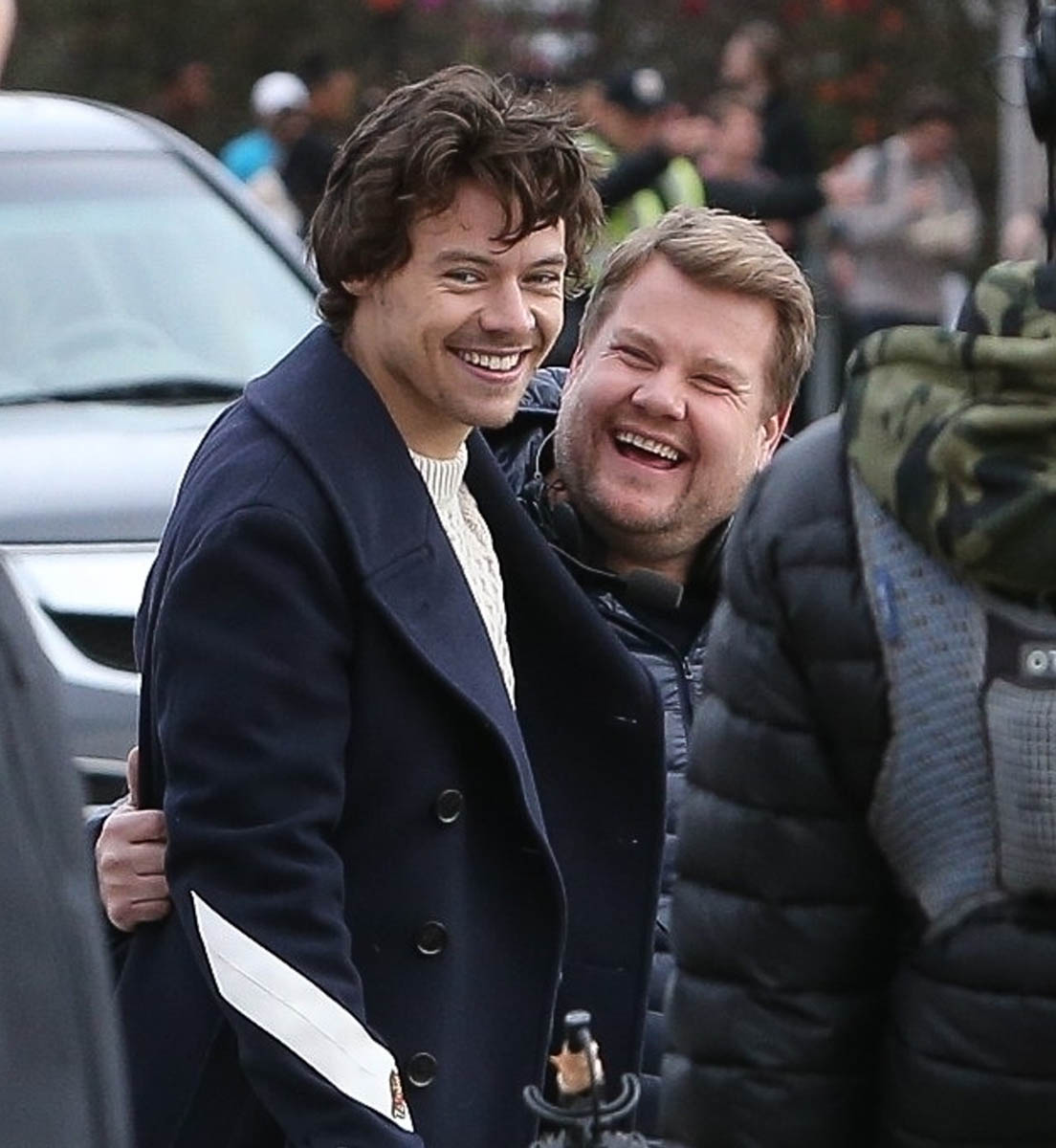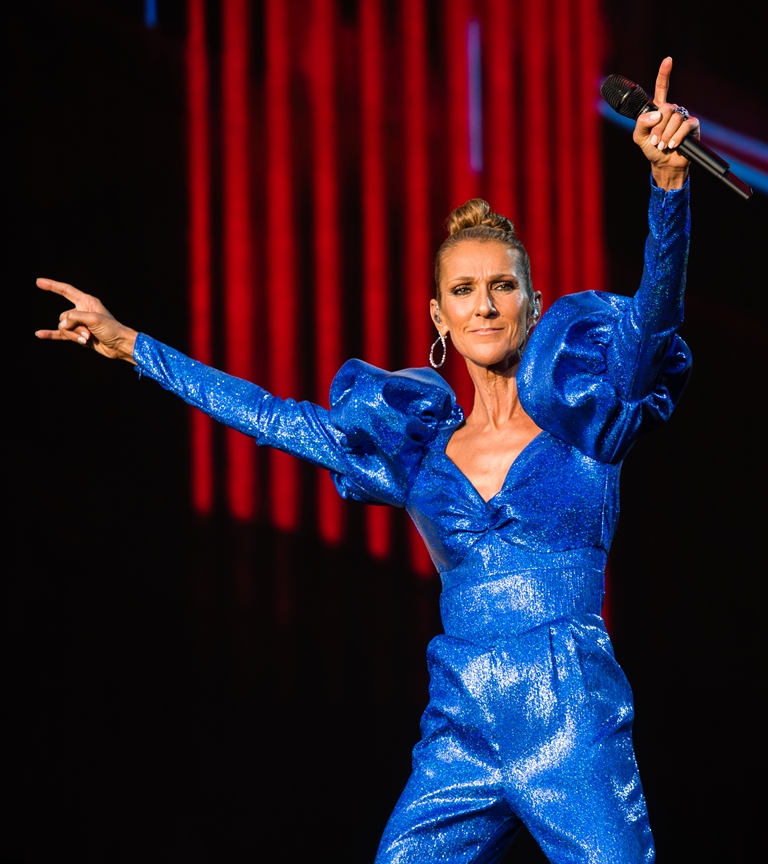Adam Driver and Scarlett Johansson in Marriage Story


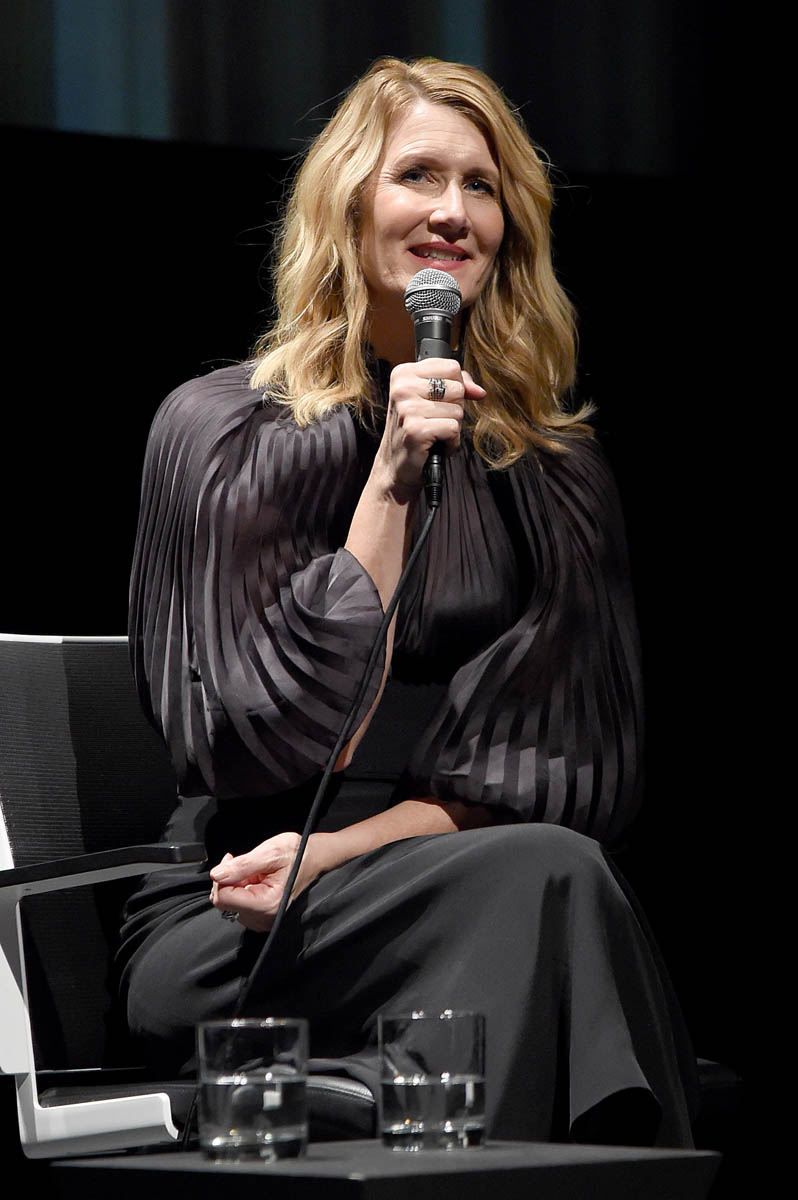
(Lainey: Marriage Story came away with several Golden Globe nominations, including Best Drama, and nominations for Adam Driver, Scarlett Johansson, and Laura Dern from the Screen Actors Guild but curiously was not nominated in the ensemble cast category. Still, it’s a major contender for Best Picture at the Oscars. And, as we’ve seen, people have been crying about it, over it, on social media for days. Here is Sarah’s review.)
Noah Baumbach’s divorce opus, Marriage Story, is a meticulously crafted, wonderfully acted saga detailing a deteriorating relationship. At the center of the story are Charlie (Adam Driver) and Nicole (Scarlett Johansson), creative types whose union defines them not only as a couple, but also as creatives. Context clues tell use Nicole comes from a modestly successful Hollywood family—her mother is probably the kind of jobbing actor who could once make a comfortable living off character roles and TV guest-starring spots, but now, like pretty much every other industry, can no longer make ends meet off that sort of “middle class” work, but Marriage Story is not interested in the reality of That Guy/Gal actors, this is a world where workaday performers still have Edwardian manses in Pasadena—and throughout their marriage, Charlie has become a successful theater director in New York. Nicole is his muse, and she gave up a promising film career to star in his weird off-Broadway plays.
Resentment is present from the opening scene, when Nicole refuses to read aloud the lovely list of things she likes about Charlie during a mediation session. The couple is already separated, and it is clear that from this very first moment, Nicole has already checked out. But Charlie is not some super-committed perfect husband—his commitment is a function of his comfort. He is selfish, not cruelly so but the effect is really no different: Their life together revolves around Charlie. As Nicole says in a searing monologue to her divorce lawyer, Nora (Laura Dern, channeling Laura Wasser), she “made herself small” to fit into Charlie’s preconceived notion of what their life would be like.
If you at all remember The Gossip about Noah Baumbach and the dissolution of his marriage to Jennifer Jason Leigh, it is impossible not to see Marriage Story through that lens. The emotional resonance of the film comes from the feeling that this is lived experience, that Charlie’s realizations about how he took Nicole for granted—and the expression of blank surprise on his face when he realizes she is FLOURISHING away from him—is so specific to a creative couple, whose marriage is equal parts romance and work. And, at least on Charlie’s side, all of the epiphanies and insights feel like hard lessons well learned.
On Nicole’s side, not so much. There is a clear and obviously very sincere attempt to serve Nicole as well as Charlie, to give space to her perspective and her wants in the story. Each character has their faults, and each character has their strengths. For instance, they are devoted to their son, Henry (Azhy Robertson), and Charlie’s approach to the divorce is not about screwing over Nicole, but maintaining a connection with Henry. But where Charlie’s emotional journey is grounded in deep understanding, Nicole’s journey comes off more as a person reciting the bullet points they learned in therapy. Baumbach is a fantastic writer, obviously, and Nicole has a killer monologue early in the film, laying out her frustration and disappointment with finding herself subsumed by her marriage. But Marriage Story lacks the same true perspective for Nicole. It’s the difference between sympathy and understanding. Baumbach, who writes and directs, sympathizes with Nicole, but he understands Charlie. I couldn’t help but wonder what Nicole’s side of the story would look like had Baumbach invited a woman to collaborate with him, but in this way, I guess he’s a Charlie.
Slightly imbalanced perspective aside, Marriage Story is a heartbreaking character study of a couple in total meltdown. At first, Charlie thinks they can just do it themselves, but Nicole seems to understand she is going to need a warrior to stand for her, because she has virtually disappeared in Charlie’s shadow and can’t stand for herself. Nora is her Boadicea, and the presence of one lawyer leads Charlie to eventually get a warrior of his own. The lawyers compound every problem the couple has, blowing up minor annoyances into major grievances, until Charlie and Nicole can no longer be civil. It is sad, because there are moments when we get glimpses of the better versions of Charlie and Nicole, and all the ways they are simpatico.
But the imbalance is always there, which makes their breakup inevitable. They were never a true partnership. Charlie took a flower he admired, put it in glass, and didn’t notice when it withered. The final scene is steeped in the poignancy of Charlie’s realizations of all he lost and the compromise he must now make to be close to his son, but cutting through Charlie’s sad boy mope is Nicole’s joy, her thriving career and her personal satisfaction. Marriage Story is supposed to be sad, as the divorce industrial complex claims another victim, but, like Midsommar, this is also the story of a woman finding her smile after discarding the dead weight of a man.

